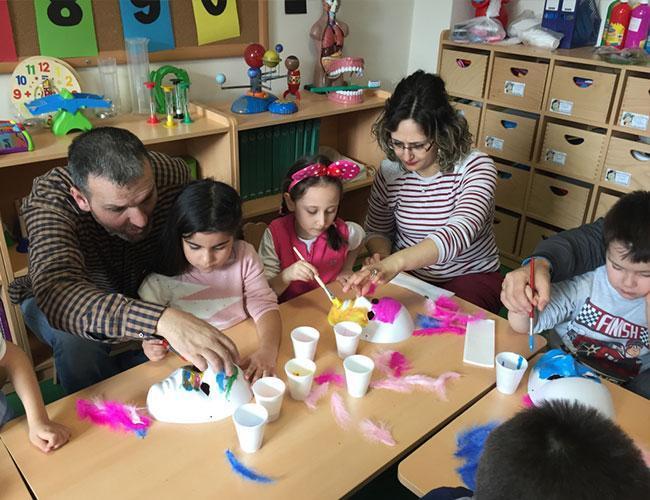
Turkey’s Education Ministry is planning to introduce new regulations in order to prevent parents from flocking to neighborhoods with more successful schools, following the recent unveiling of a new education system that obliges most students to enroll in high schools closest to their homes.
Education Minister İsmet Yılmaz announced on Nov. 5 that the new high school entrance system would largely remove the Transition from Primary to Secondary Education (TEOG) exam. The new system is based on the principle that students should enroll in their nearest available school, and only specific schools will retain the central high school entrance exam, Yılmaz said.
The system change has stirred debate over whether parents could cite different addresses in official documents or even move house in order to enter the catchment area of more successful schools.
Experts have warned authorities that the new system will cause “parent migration” if no successful schools are available in their neighborhoods.
In response, the ministry plans to introduce new regulations in order to prevent parents from flocking to certain areas. One measure under consideration is fining those who cite different addresses in official documents.
Authorities could also examine whether the child has been living in the cited residence for six months. What will happen in the event of parents having to move house for other reasons remains unknown, though the ministry is currently drafting new measures.
Out of the 11,076 high schools in Turkey, only 600 will accept students based on a central exam, according to Yılmaz.
The exams held by these schools will feature 60 questions and students will have 90 minutes to answer them. The names of the 600 schools are due to be released soon.
Some 302 Turkish high schools are science high schools while 93 focus on social sciences. Recent statistics show that there are 163 “project” schools with specific academic focuses.
Commenting on the new system, Professor Selahattin Gelbal from Hacettepe University warned that the 60 questions would need to be chosen carefully.
“If there are 60 questions covering four or five subject areas, the balance of easy and difficult questions needs to be carefully configured. If authorities don’t do this and the questions turn out to be very easy, then we may face a congestion problem similar to the TEOG saga last year,” Gelbal told daily Hürriyet on Nov. 8, referring to the thousands of students who ranked first in the 2016 TEOG exam.
Professor Yasemin Bayyurt from Boğaziçi University also criticized the questions, saying the number should be higher if students are to be tested on three years’ worth of curriculum.
“If a student fails to answer just one question, they will suffer a major ranking loss. Students should be asked questions that are inclusive and that measure knowledge,” Bayyurt told Hürriyet.
When asked about the new system, many students expressed skepticism.
“The new system has both good and bad sides. I need to work more. The subject distribution of the questions is unclear. I don’t know what to prepare for and I’m experiencing stress,” student Bengisu Baran said, while another student, Emre Uçar, criticized the number of questions.
“The new system is much worse, because there will be fewer but more difficult questions [than TEOG]. It’s wrong to announce the names of the 600 schools that will accept students based on a central exam in May,” Uçar said.